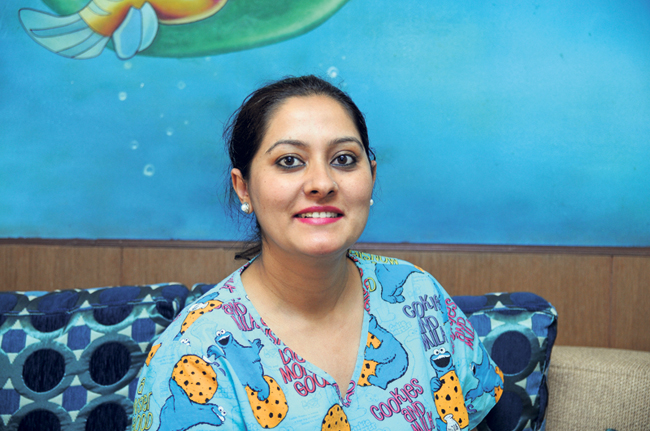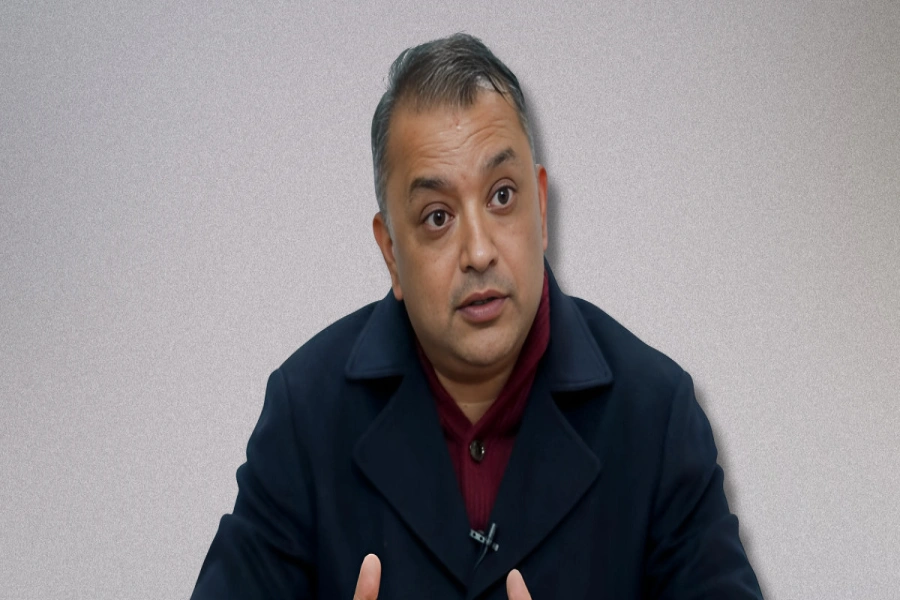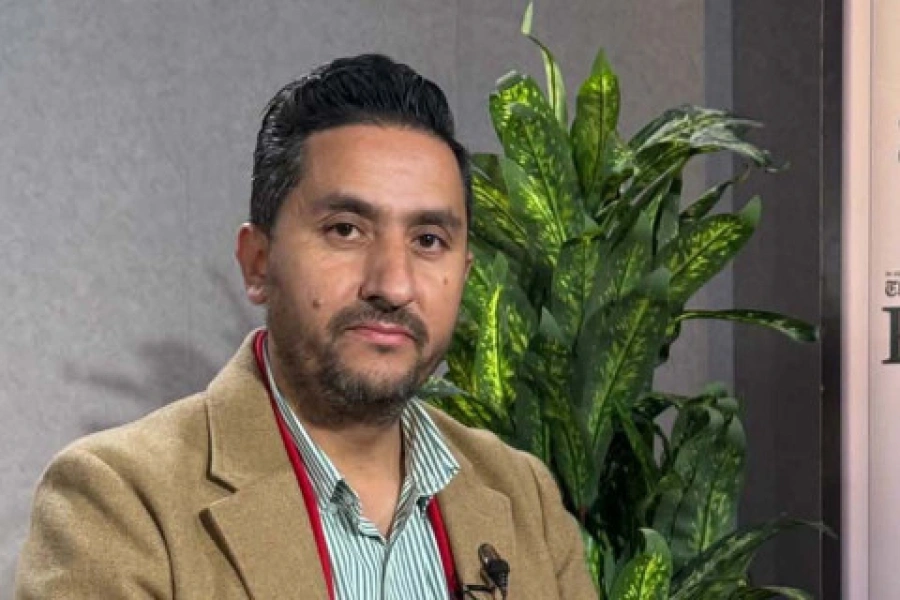Dr Sneedha Mainali is a Pediatric and Preventive Dentist, and Managing Director at Shine Dental Clinic in Jawalakhel. The Week talked to her to find out what basic oral hygiene we should follow to take care of our gums and teeth.

What is the correct way to brush our teeth?
The correct way to brush your teeth changes with age. There are mouth wipes that you can clean your infants’ gums with and there are special toothbrushes available for children once their first tooth comes out. You should pay attention to oral health from the very beginning. For young children, a horizontal scrub at the junction of the teeth and gum is sufficient. Brush 20 times in every area of your teeth and then move on to your tongue. The tongue has a larger surface area and greater chances of having food residue.
How many times a day should we brush and when?
Ideally, you should brush three times a day but since it is not very realistic you should brush your teeth before bed every night and in the morning after having breakfast. If you have brushed your teeth properly at night, you should wake up with a fresh mouth in the morning. If you don’t feel very fresh, just rinsing your mouth should help.
Month-long fair begins in Chovar hill in Kathmandu

What happens if we brush our teeth too much?
Generally, what happens to the teeth depends on how much force you brush your teeth with. If you brush too vigorously, the enamel in your teeth may corrode over time. You can be a little gentle while brushing your teeth.
Why is flossing important? How many times a day should we floss?
Flossing is very important because 33% of the teeth’s surface is an area that cannot be reached by a toothbrush. The space between the teeth cannot be seen so any cavity that develops there will become quite large before you are even aware of it.
Why do people get bad breath? How can they get rid of it?
Most people get bad breath because they don’t brush their teeth correctly, or because they don’t clean their tongue. There are, however, many different reasons for somebody to get bad breath including indigestion or gastric problems. There are tablets to stain the teeth called plaque-disclosing tablets. You can use these to see which areas you haven’t cleaned out and brush properly. If your bad breath still doesn’t clear up, you should visit the general physician to see if there is anything wrong with your digestion.
How often should we visit the dentist?
If you are suffering from an ailment, you will probably have regularly scheduled visits that you shouldn’t miss. If you don’t, you should still visit the dentist every six months. A visit to the dentist should begin from the second trimester of your pregnancy. The condition of the mother’s oral health highly influences the oral health of the baby. The first visit of the baby should be when the baby is seven months old. That’s when the first tooth comes out. However, don’t wait for the teeth to come out to go to the dentist. Your child should have been to the dentist at least once before his or her first birthday.
What can people do about stained or discolored teeth?
There are many reasons why a person might have stained or discolored teeth. High levels of caffeine intake, smoking, etc all affects the color of the teeth or you may be suffering from a disease that discolors your teeth. You can bleach your teeth but like any other chemical process, it goes away with time. Unless the stain is really bad and it hampers your daily life, I wouldn’t recommend you to bleach your teeth.
How do you select the right toothpaste?
In the context of Nepal, we need toothpaste with a minimum of 1000ppm of fluoride. However, this too differs with age. For an infant, you need toothpastes with xylitol instead of fluoride. Look for the word “flouro” in the ingredients. Children between the age three to six need toothpaste with 600ppm fluoride preferably in combination with xylitol. Try to avoid any toothpaste that has whitening mentioned on the packaging since it will act as an abrasive that strips you of a layer of your teeth. If you absolutely must use it, don’t use it regularly.
Which kind of toothbrush is the best?
You should always go for brushes that have a soft bristle. Some brushes don’t reach behind the molars so find a toothbrush that is pointed so that you clean the area behind as well and no food particle is trapped there.
How do we get sensitive teeth? What can we do in case of sensitive teeth?
Our teeth become sensitive if we have cavities that have drilled through the enamel and reached the pulp where there are nerve endings. If we expose our mouth to extreme temperatures our teeth tend to get sensitive too. Avoid sour food and use tooth mousse and sensitive toothpaste sparingly to get relief.
What is the cause of bleeding gums? How can we prevent it?
When you don’t brush your teeth properly, the plaque deposit makes your gum swell and brushing it might cause bleeding. Don’t stop brushing your teeth if your gums are bleeding, rather brush more thoroughly. When your mouth becomes cleaner, your gums will stop bleeding.







































